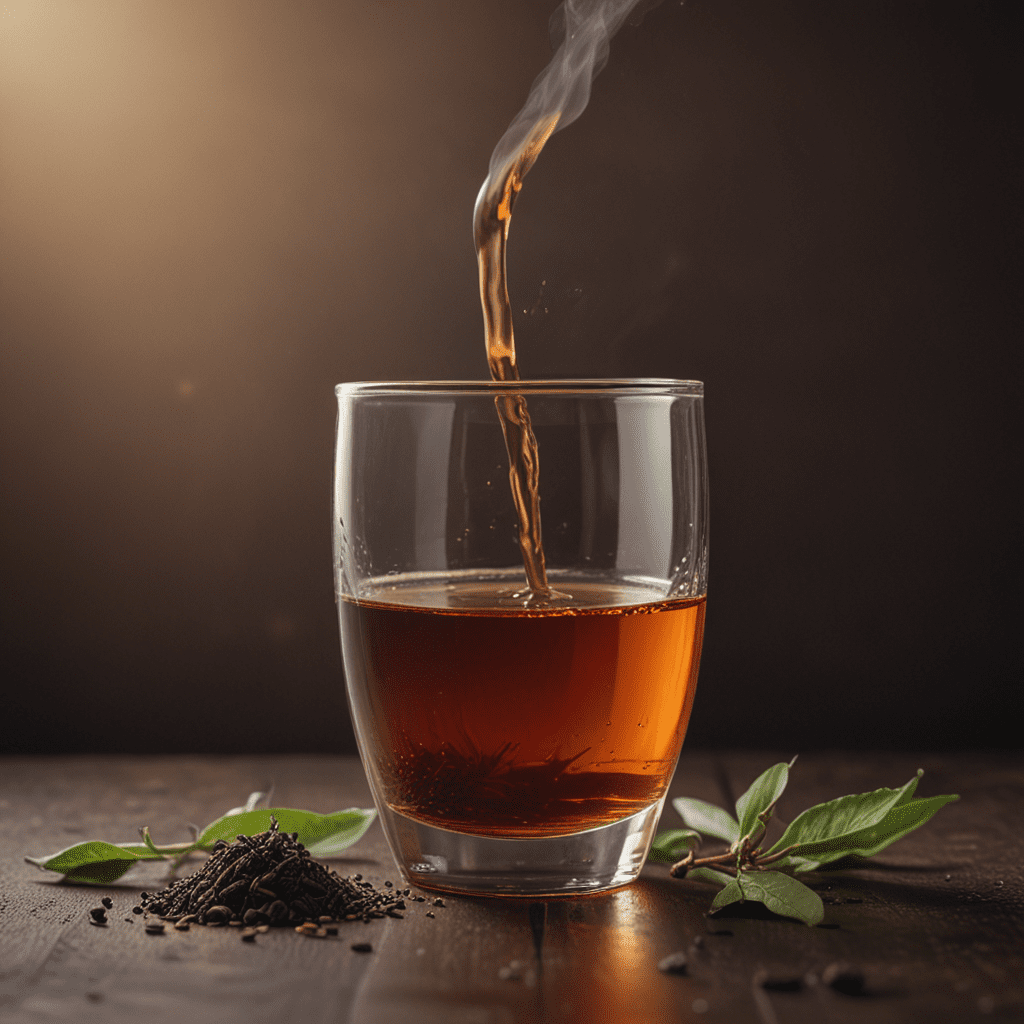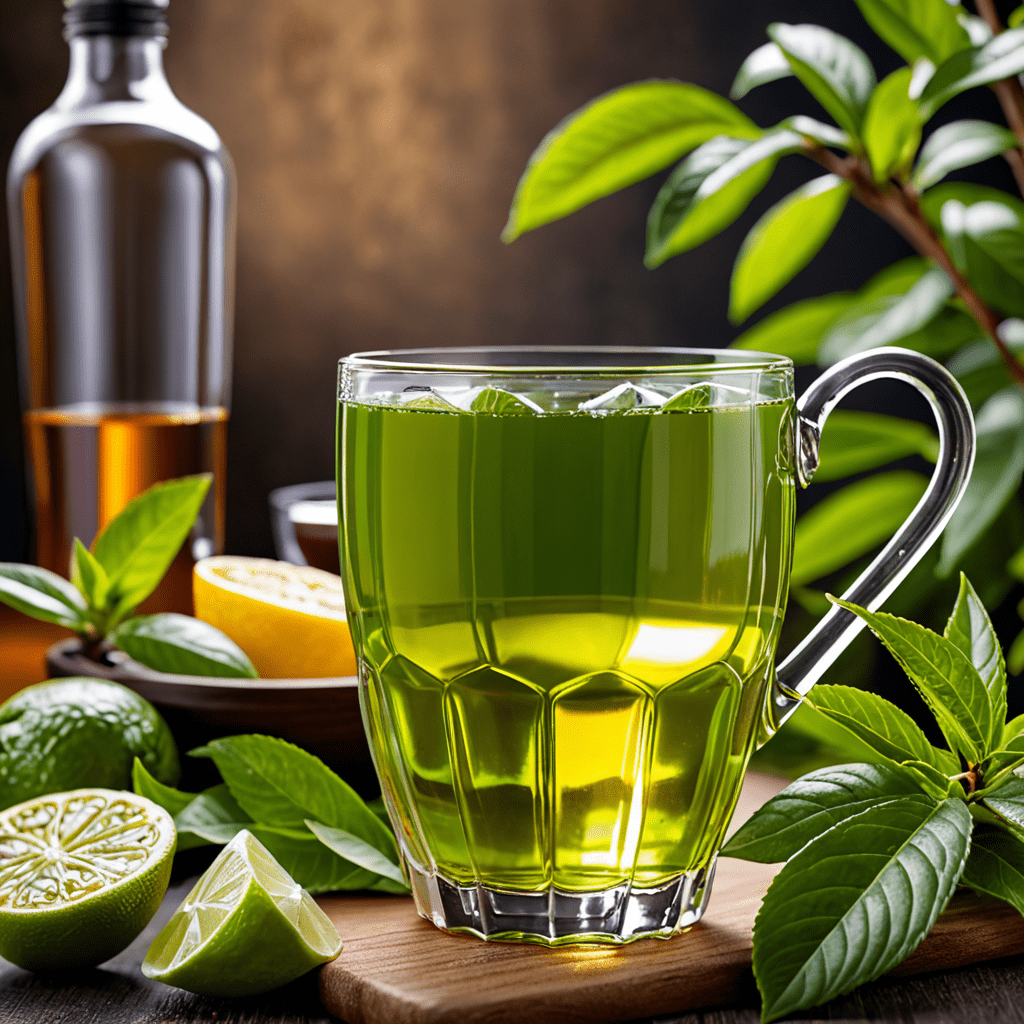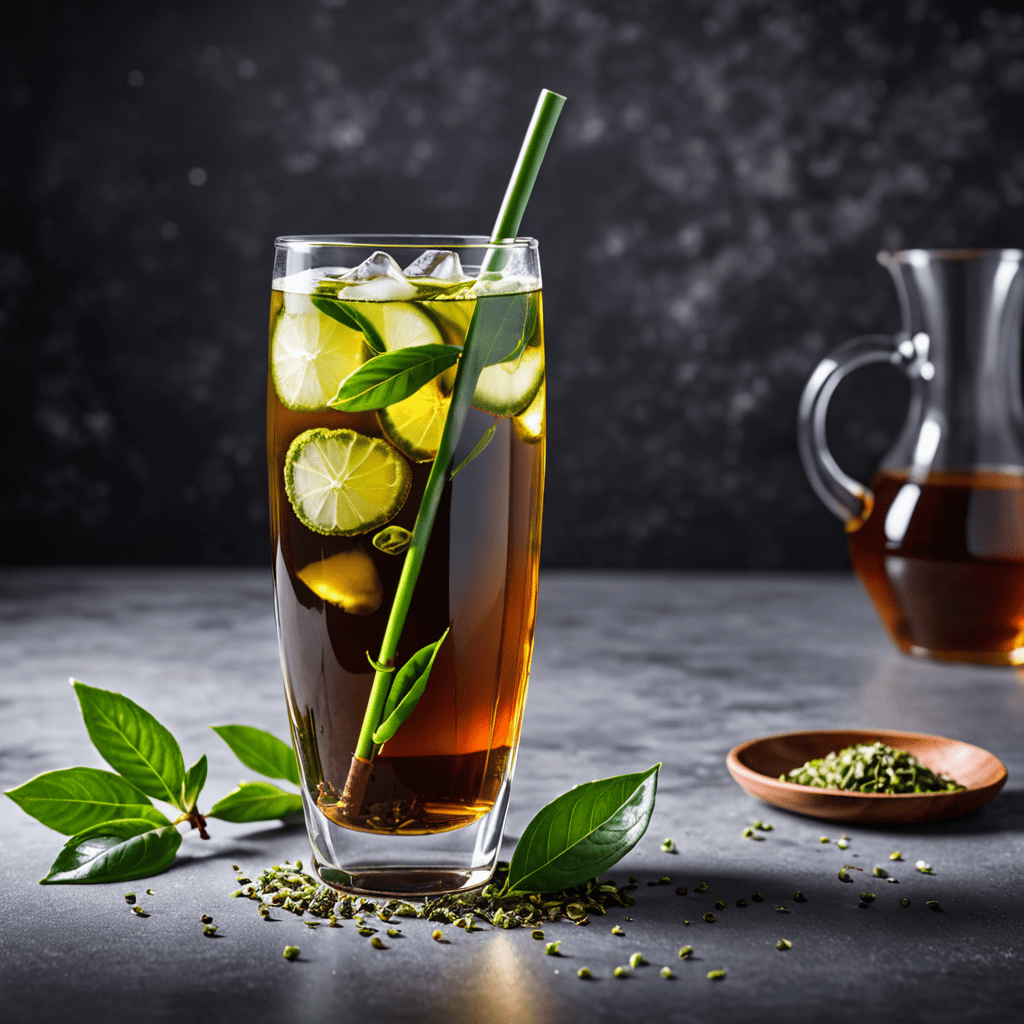
1. Origin and History of Assam Tea
Nestled in the lush Brahmaputra Valley, Assam tea has a rich history dating back centuries. Its origins can be traced to the indigenous tea plants growing wild in the region. However, it was not until the 19th century that British planters recognized the exceptional quality of Assam tea and began cultivating it on a large scale. Today, Assam tea is renowned worldwide for its robust flavor and captivating aroma, making it one of the most popular teas globally.
2. Unique Terroir of Assam: Brahmaputra Valley
Assam tea's distinctive character owes much to its unique terroir, the Brahmaputra Valley. Bordered by the Himalayas to the north and adorned with sprawling tea gardens, this fertile valley provides optimal conditions for tea cultivation. The warm, humid climate, abundant rainfall, and rich alluvial soil create an ideal environment for the tea plants to thrive, resulting in their exceptional flavor and aroma.
3. Varieties of Assam Tea: Black, Green, and White
Assam tea is predominantly produced as black tea, accounting for the majority of its global popularity. However, green and white varieties are also cultivated in limited quantities, each offering distinct characteristics. Black Assam tea undergoes a longer oxidation process, resulting in its characteristic dark, amber color and robust flavor. Green Assam tea, on the other hand, is minimally oxidized, preserving its delicate flavor and grassy notes. White Assam tea is the least processed, boasting a silvery appearance and subtle, floral aroma.
4. Cultivation Process: From Bud to Leaf
Cultivating Assam tea is an intricate process that requires meticulous care and attention to detail. Tea plants are grown from cuttings taken from mature bushes. Once established, they are carefully pruned and shaped to maximize yield and quality. During the growing season, tea bushes produce young shoots, known as flushes. These tender shoots, comprising two leaves and a bud, are handpicked at the peak of freshness. The buds and leaves are then processed to create different types of Assam tea.
5. Brewing the Perfect Cup of Assam Tea
To fully appreciate the aromatic elegance of Assam tea, it is crucial to brew it correctly. The ideal method involves using freshly drawn, filtered water heated to a boil. For a single cup, one teaspoon of loose-leaf Assam tea is recommended. Steep the tea leaves for 3-5 minutes, depending on desired strength. Add milk and sugar to taste, if desired. Assam tea can be enjoyed both hot or iced, making it a versatile beverage suitable for all seasons and occasions.
6. Aroma and Flavor Profile: Malty, Robust, and Full-Bodied
Assam tea is celebrated for its exceptional aroma and flavor profile. It exudes a malty fragrance, reminiscent of freshly baked bread, with subtle hints of honey and cocoa. The robust, full-bodied liquor delivers a rich and satisfying taste, characterized by a distinctive astringency that balances its sweetness. Its bold character makes Assam tea an ideal companion for milk and sugar, but it can also be enjoyed black to appreciate its unadulterated flavor.
7. Health Benefits of Assam Tea: Antioxidants and Immune Boost
Beyond its exquisite taste, Assam tea is also renowned for its potential health benefits. It is rich in antioxidants, including polyphenols and flavonoids, which have been linked to various health-promoting effects. Studies suggest that regular consumption of Assam tea may support cardiovascular health, reduce inflammation, and enhance immune function. Its high caffeine content provides a gentle energy boost, making it a refreshing beverage to start the day or combat afternoon fatigue.
8. Assam Tea as a Global Beverage
Assam tea has garnered widespread global recognition, becoming one of the most popular and widely consumed teas worldwide. It is exported to over 90 countries, where it is enjoyed for its robust flavor and versatility. Assam tea is particularly popular in the United Kingdom, where it is often blended with other teas to create the classic English Breakfast blend. Its popularity extends to other regions, including continental Europe, North America, and Australia, where tea enthusiasts appreciate its distinct characteristics.
9. Cultural Significance of Assam Tea
Assam tea holds a deep cultural significance in the region of its origin. Tea plantations have played a pivotal role in shaping the economy and society of Assam. The tea industry has provided employment to countless individuals and contributed to the region's overall development. Moreover, tea is an integral part of Assamese culture, often served as a symbol of hospitality and shared during social gatherings. Its unique flavor and aroma have become synonymous with the region's identity and heritage.
10. Sustainable Practices in Assam Tea Production
Recognizing the importance of preserving the environment for future generations, the tea industry in Assam has embraced sustainable practices. Many tea estates have adopted organic farming techniques, eliminating the use of chemical pesticides and fertilizers. Additionally, efforts are being made to reduce water consumption, conserve energy, and minimize waste throughout the cultivation and processing stages. By embracing sustainable practices, Assam tea producers aim to ensure the long-term viability of the industry while protecting the region's natural resources.
FAQ
What is the ideal brewing temperature for Assam tea?
Assam tea should be brewed with freshly drawn, boiling water to fully extract its flavor and aroma. The ideal brewing temperature is between 195-205 degrees Fahrenheit (90-96 degrees Celsius).
How long should I steep Assam tea?
The steeping time for Assam tea depends on personal preference. For a stronger brew, steep the tea leaves for 3-5 minutes. For a milder brew, steep for 2-3 minutes.
Is Assam tea high in caffeine?
Yes, Assam tea is relatively high in caffeine compared to other types of tea. The caffeine content varies depending on the growing conditions and processing methods, but it typically ranges between 30-60 milligrams per cup.
Can I drink Assam tea before bed?
While Assam tea contains caffeine, its effects are milder compared to coffee or energy drinks. However, if you are sensitive to caffeine, it is recommended to avoid consuming Assam tea close to bedtime to ensure restful sleep.


